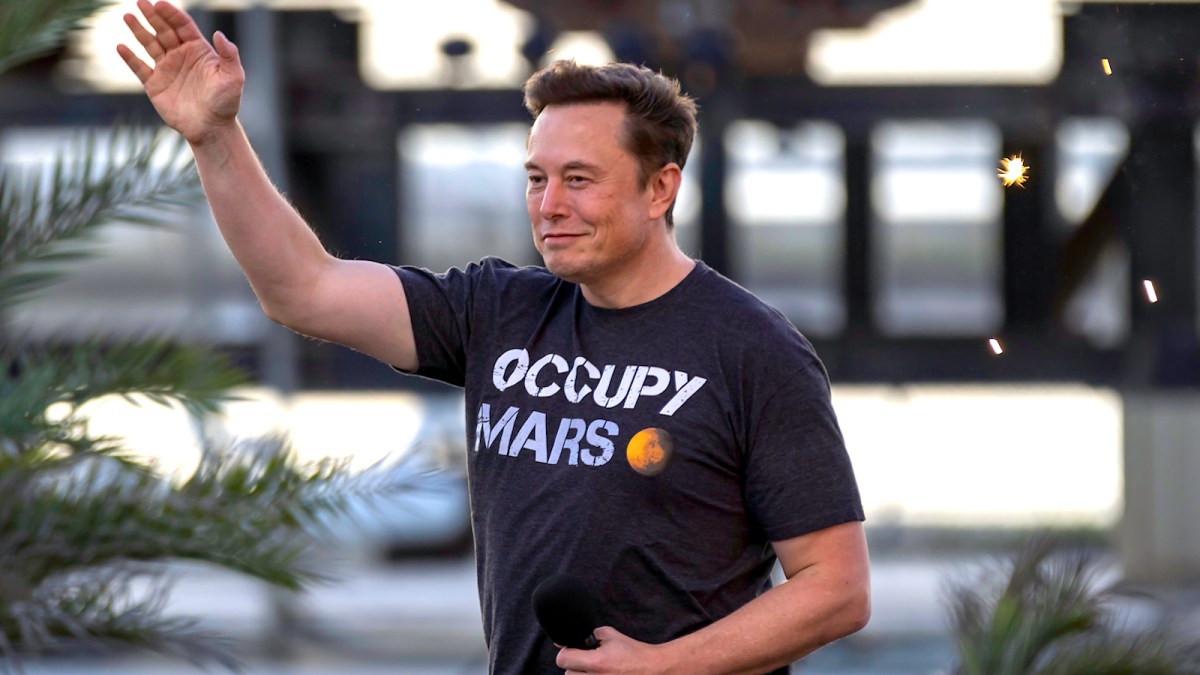There’s no mistaking Twitter‘s impact on society. The social media platform, which was created in 2006, has served as the bedrock of modern society. It houses millions of opinions and is the home to just as many people’s daily source of news. Like most things in life, though, Twitter is either loved or hated. Elon Musk, multi-billion dollar founder and owner of Tesla and SpaceX, is just like us. He, too, loves and hates Twitter sometimes, depending on the day. So much so that he announced the official purchase of the company on Oct. 27, 2022.
Musk’s history with Twitter runs deep, from condemning the platform’s management to criticizing its enforcement of free speech. In April 2022, he made a $41.4 billion bid to purchase the company but entered into a lengthy legal battle after backing out shortly before signing the dotted line.
It was only a matter of time before Musk made the move official, so it came as no surprise when he sealed the deal with a tweet on Oct. 27, announcing his new purchase and which changes users can expect to see going forward. Of course, all purchases must be bought by and from someone, so who did Elon Musk buy Twitter from?
Who owned Twitter before Elon Musk bought it?
Because Twitter is (or was) a publicly-traded company, there isn’t one sole owner. Instead, there are several shareholders, who now include Musk as well. In April 2022, following his $41.4 billion bid to purchase Twitter, Musk bought 9.6 perfect of the company, effectively shooting him to the top of the shareholders’ list. Behind him is the investment management firm The Vanguard Group with 8.95 percent. After The Vanguard Group is the investment management company from New York City, BlackRock Fund Advisors with 4.66 percent. Just below these top investors are SSgA Fund Management Inc, Fidelity Management & Research, and Pentwater Capital Management LP.
In addition to several shareholders, Twitter has seen a revolving door of CEOs. Of the platform’s five original creators (Jack Dorsey, Christopher Isaac Stone, Noah E Glass, Jeremy LaTrasse, and Evan Williams) Dorsey served two stints as CEO, eventually stepping down for good in Nov. 2021 and handing the torch over to Parag Agrawal.
Amid the transition, Dorsey said “I’ve decided to leave Twitter because I believe the company is ready to move on from its founders. My trust in Parag as Twitter’s CEO is deep. His work over the past 10 years has been transformational. I’m deeply grateful for his skill, heart, and soul. It’s his time to lead.”
Agrawal was given the torch at a pivotal time in Twitter’s history. Fresh off the heels of former US President Donald Trump’s banning from the site, Twitter has been a hailstorm of conversations about democracy and the right to free speech. It’s widely known that Musk vehemently opposed Twitter’s banning of Trump, so all eyes are latched on the future developments around the same as it’s likely only a matter of time until his account is reinstated.
Until now, Twitter has existed as a publicly traded company, but with Musk’s purchase, the platform will become private. Investors are estimated to receive $54.20 in cash for every share they own, and then those shares will be canceled and no longer exist.
In a lengthy Twitter post, Musk addressed his new acquisition, stating “The reason I acquired Twitter is because it is important to the future of civilization to have a common digital town square, where a wide range of beliefs can be debated in a healthy manner, without resorting to violence.” He went on to address the “far right wing and far left wing echo chambers” on the platform, as well as the introduction of advertisements and the doing away of bots.
It’s safe to say the Twitter we’ve come to know and love (and sometimes grumble over) is on the verge of major change. Some of the biggest it’s seen since forming in 2006.

